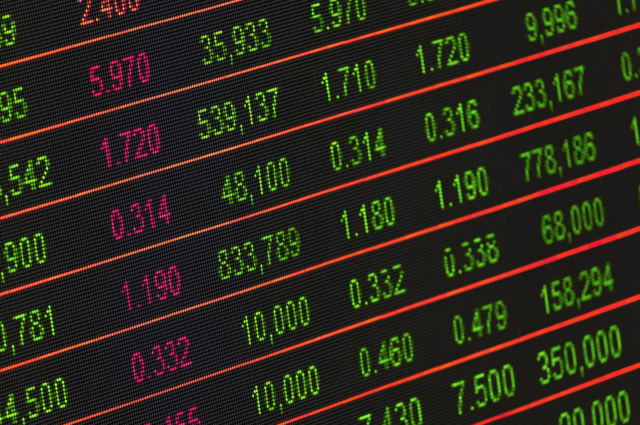Betting on elections has long been a part of politics, both in the US and around the world. However, recent years have seen gambling and wagers on elections skyrocket, with “up to several billion dollars” having been spent in this cycle. Most of this can be traced back to a case in the federal appeals court in Washington that in early October, allowed for the financial exchange company Kalshi to operate a federally regulated election-betting market. Wall Street regulators had asked for a halt temporarily, waiting for a lower-decision court, but this request was rejected by the federal courts. This market will be overseen by the Commodity Futures Trading Commission and will allow Americans to openly trade, compared to previously when betters would have to use an offshore location to bet a limited amount.
Election betting markets raise a lot of questions about the integrity of American elections. Allowing for firms and individuals to bet millions of dollars on these contests increases the motivation to try to manipulate both the market as well as possibly, the factors impacting free and fair elections. Allowing the wealthy to bet on politics essentially puts pressure saying that the most influential firms and individuals in society are betting their prospects on the outcome of one candidate over another. Betting might provide some signal within the noise, but this signal has the power to suppress the voice and direction that the people might provide.
That’s not to say that there aren’t “benefits” to election betting. In a time where public opinion polling has become increasingly difficult, due to the shift in consumer technology and reluctance on the part of many voters to pick up the phone and engage in long surveys, social scientists and pundits have had to turn to other sources to tease out this data. Given that individuals want their wagers to be fruitful, where they’re putting their money can help understand the broader sentiments of these gamblers. However, these individuals are also not at all indicative of most Americans and questions are being raised about how much looking at election betting trends can tell us about popular sentiment on the whole.
Polling regulations and integrity issues aside, my fundamental issue with election betting speaks to the broader trend in our media and political ecosystem of seeing politics as a spectacle rather than a process through which real individuals’ lives are impacted and systemic change can be created. In this election, as well as the past few, we’ve seen a rise in the media trying to get the most controversial soundbites out and more focus on cringe and surface-level moments from candidates rather than an actual discussion of policy preferences. Election betting further adds to the increasingly prevalent approach of seeing politics as a game. I admit – I’ve discussed election betting extensively with some of my friends and a lot of people see it as a way to get something out of a process they are increasingly frustrated with and feel as if they have no say in. At the same time, most concerning is the fact that it’s the wealthy that are increasingly turning to these sites and gambles to not just hope but directly exercise financial power to influence the markets and hopefully get a gamble that will work for them.
In a time where the wealthy are increasingly able to put their thumbs on the scale of politics and tilt a democratic process that should be in the hands of the people – Elon Musks’ $130 million towards Trump’s eventually successful campaign being a key example – it’s more important than ever that the government crackdown and ban election betting. The prevalent rampant neoliberal ideologies in our society that say that the wealthy should be able to abuse their financial power however they like have fundamentally shifted the legal window of what is acceptable, and it’s time that this worldview be rejected, that the wealthy can bet on whoever they like and exercise power in a process that should be equal for every citizen.
The results from this Tuesday are bleak for this worldview – the wide range of policies on election betting, as well as every other financial regulation and election administration policy, is going to shift rightward for the next four years. The work of dismantling these ideologies might take decades. That’s why continued participation within the political system is so important. More than ever, Tuesday’s result shows that informed engagement is more important than ever and that these decisions are being fought out in every sector of our society. If we want power to go back to the people, politics needs to be seen as a sacred process and no longer a spectacle.
Contact the editor(s) responsible for this story: Caitlin Donovan




